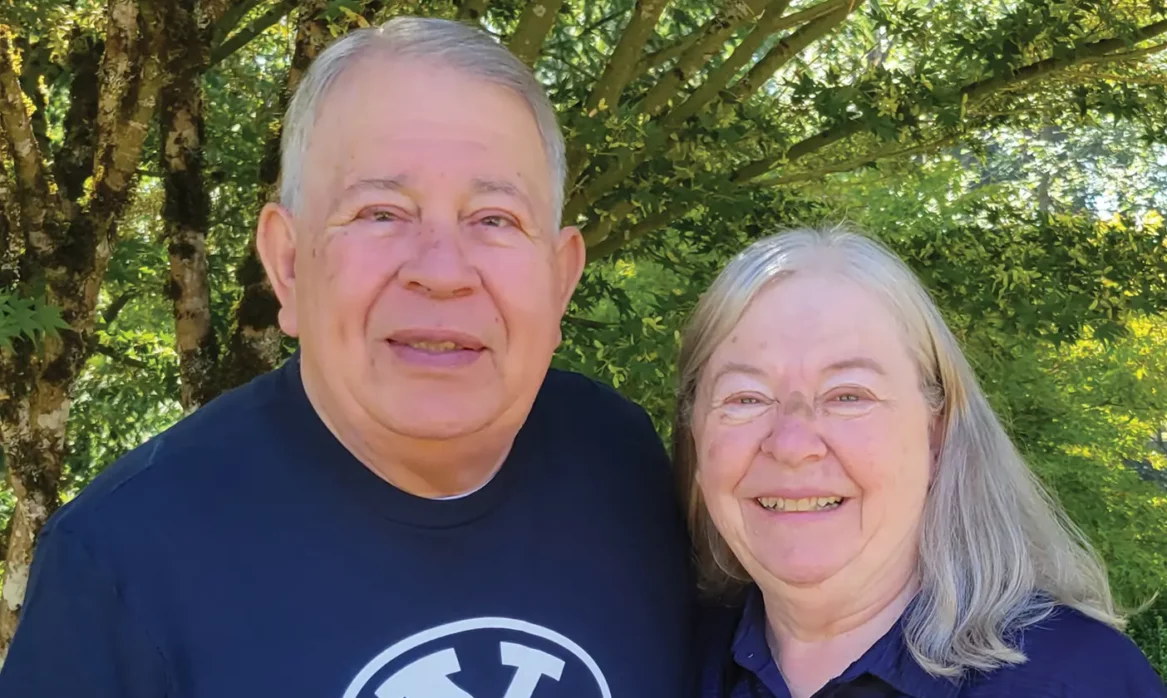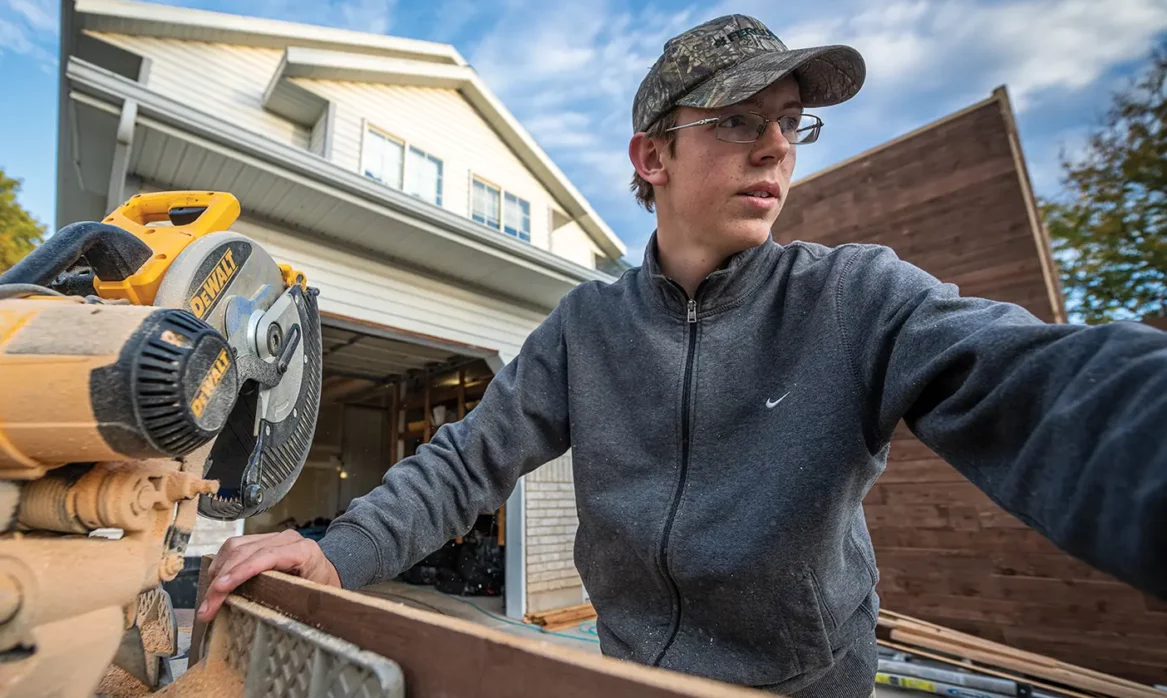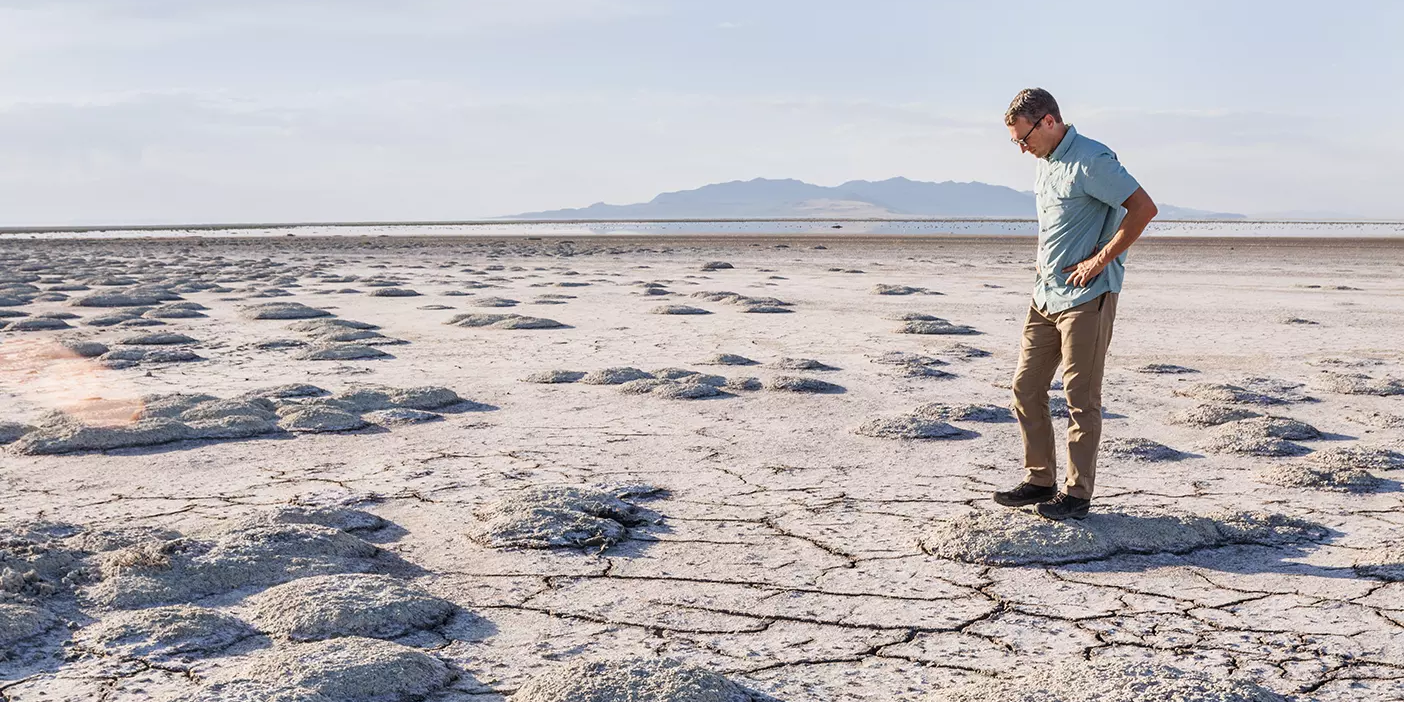An aptly named BYU alum spent his career caring for the minds and hearts of American farmers.
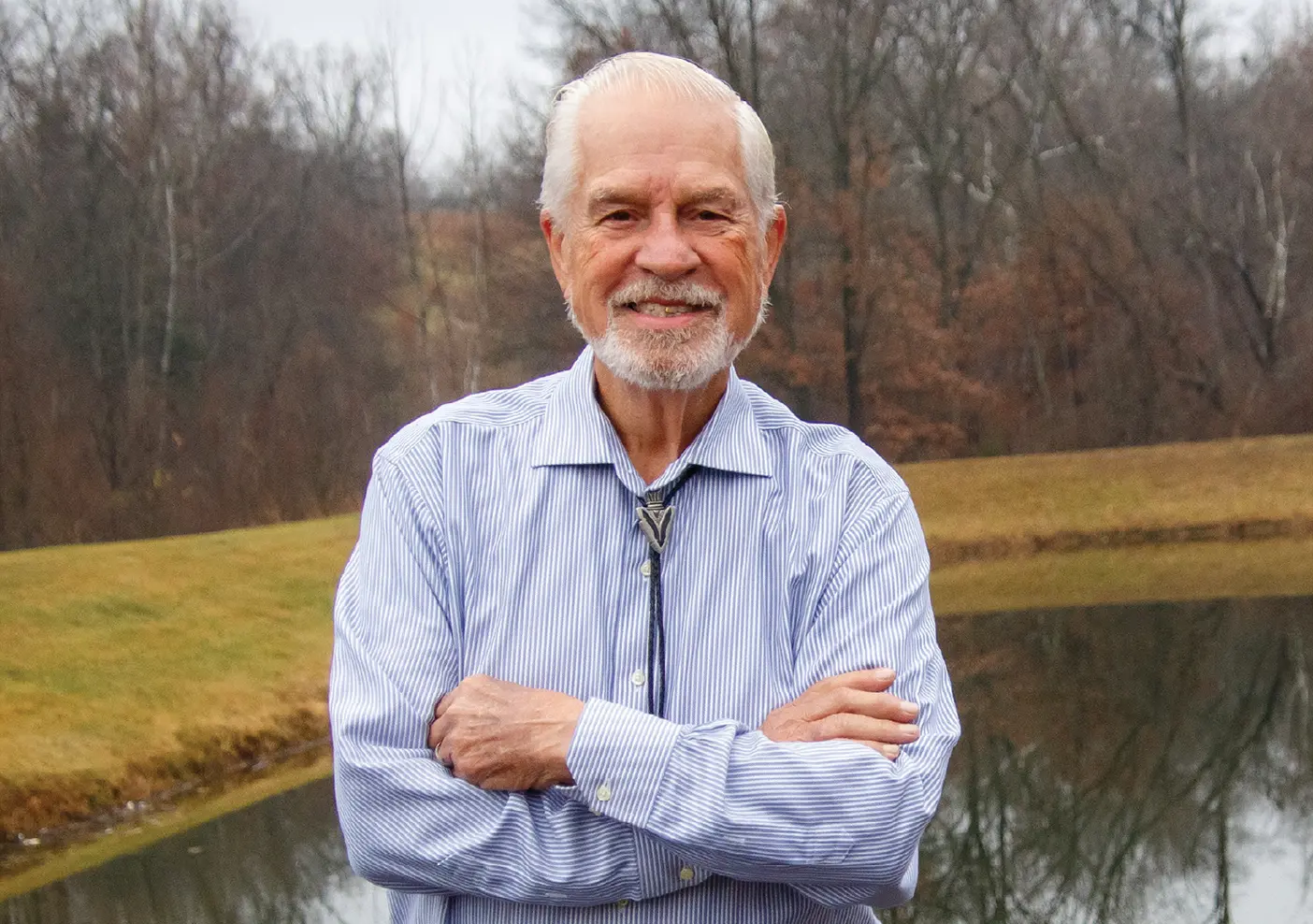
“I lost my farm, my home, my self-respect, my status in the community,” one farmer wrote. “However, by some miracle my wife and children rode it out with me. I am one of the most fortunate men on earth.” Some of that good fortune, the farmer noted in the thank-you letter, stemmed from advice he’d received decades before in Val G. Farmer’s (BA ’65) column on rural mental health.
Clinical psychologist and author Val Farmer has received countless letters like this one from farmers across America, but as a BYU student he never imagined the impact he would have on rural communities.
Although he describes himself as “a farmer in name only,” Farmer had connections to rural America. When he was a young child, his family lost their farm and had to move to the city. He later enrolled at BYU and majored in psychology. During graduate studies at the University of Arizona, he minored in cultural anthropology and gained field experience providing clinical services at a Mexican-American health clinic and on the Papago Indian Reservation.
With an avid interest in rural life, Farmer established a mental-health clinic in South Dakota, which failed due to lack of anonymity and stigma surrounding mental health and counseling. Even so, Farmer says the failure helped him better relate to struggling farmers.
His own failure helped him better relate to struggling farmers.
Understanding that farmers didn’t want to be looked down on, Farmer focused his approach on providing down-to-earth advice while demonstrating a deep knowledge of farming. Farmers soon began traveling from all around to discuss the burdens of rural life—isolation; finding people to date and marry; or marriages suffering from heavy workloads, debt, and volatile markets. “When there’s a crop failure or the economics of agriculture is upside down, farmers experience a lot of depression, anger, and suicidal thoughts,” Farmer explains.
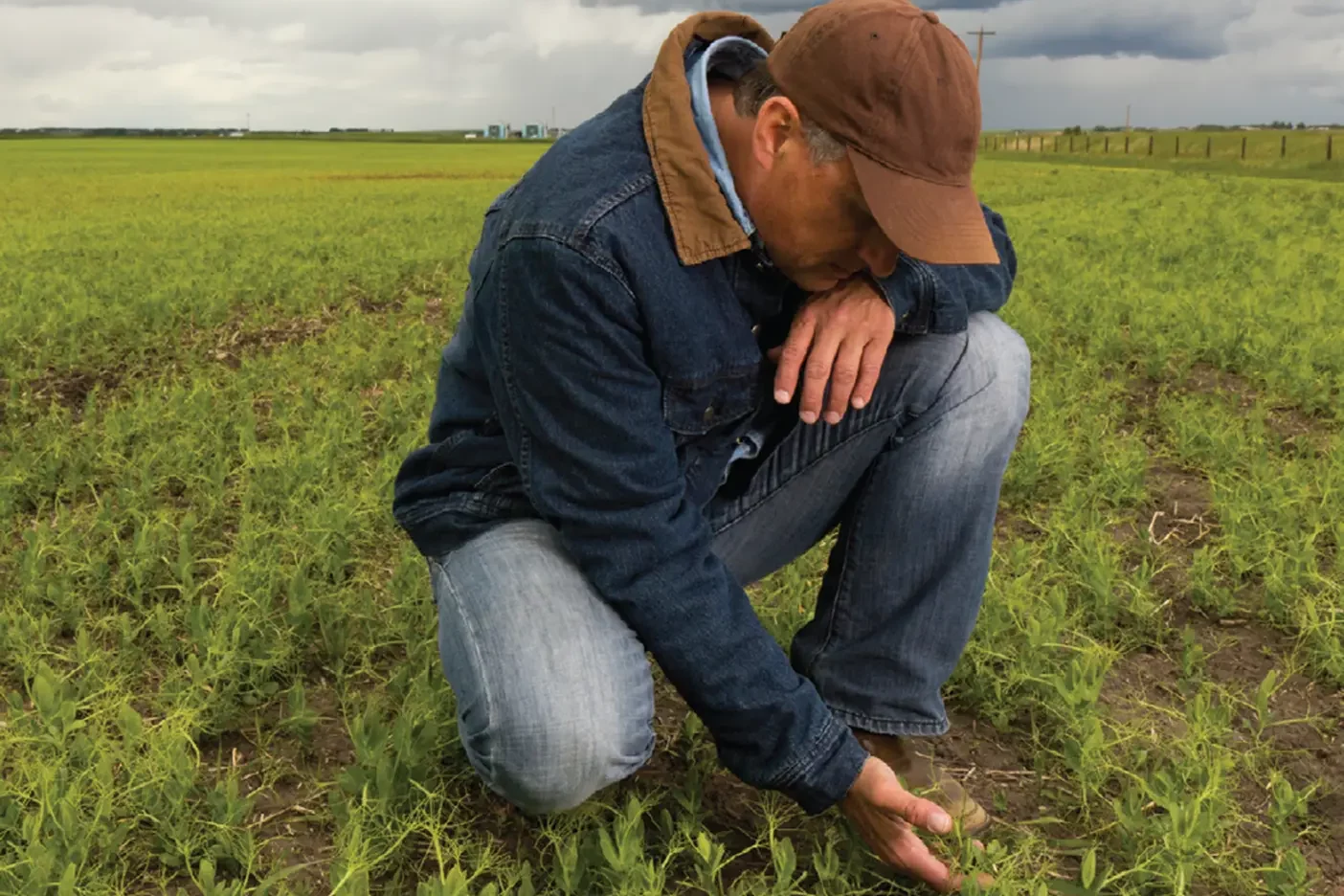
To reach more farmers in need, Farmer began authoring newspaper articles, magazine columns, and books, and he appeared on a radio show for eight years. During the farm crisis of the 1980s, he published hundreds of articles.
Farmer retired in 2012 to serve a mission with his wife, Darlene. He continues to volunteer as a counselor and makes all 35 years of his work accessible online for free.
Judging by the stream of thank-you letters, Farmer’s work is as crucial today as ever. “When you get feedback from readers and listeners that have really appreciated your work,” he says, “that shows it’s of worth.”










